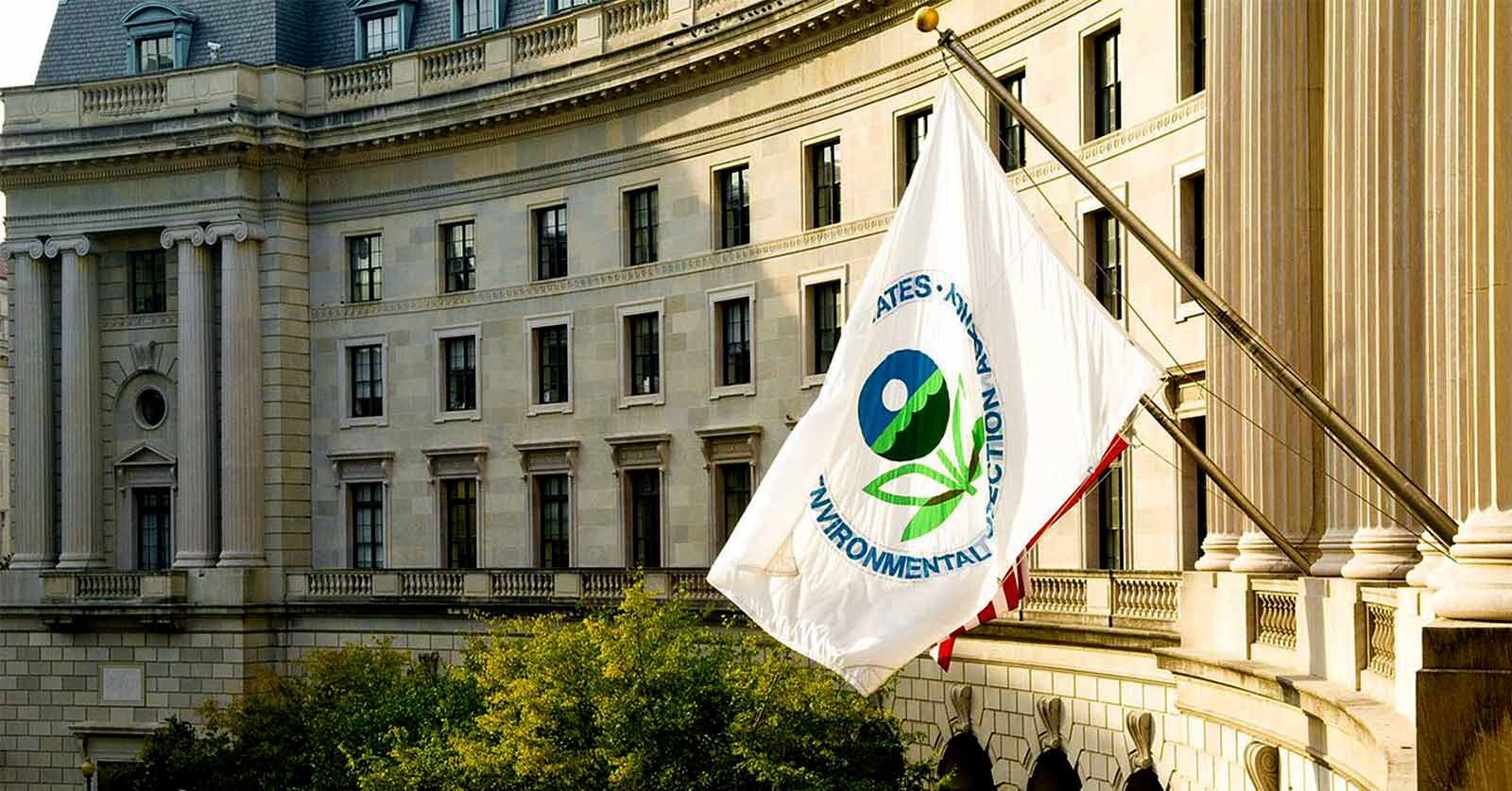The recent report from the U.S. Department of the Treasury on the financial havoc climate change could wreak on American households comes not a moment too soon. Or maybe too late for some. Being deeply committed to fiscal prudence, we find the treasury’s somber account particularly unsettling.
Economic textbooks often speak of “externalities,” those costs or benefits that affect parties who did not choose to incur them. Climate change is an externality, par excellence. This report makes it clear that the externalities are internalized, particularly by those who can least afford them. And let’s not kid ourselves; the bill will eventually come due for taxpayers at large, as federal and state governments are increasingly called upon to pick up the tab.
The report serves as an atlas of vulnerability. Outdoor workers losing income due to adverse weather. Single-parent households grappling with erratic childcare availability. Lower-income families facing restrictive access to credit. It’s not just about rebuilding after a flood or wildfire, but also about the more immediate costs: higher prices for essentials, lapses in healthcare, and transportation hardships, to name a few.
Our current systems—our infrastructure, our public services, and our financial institutions—are not set up to cope with the looming challenges of a warming planet. The report offers some potential solutions in two key areas: physical resilience and financial resilience.
For instance, it’s time to reconsider the construction of roads, bridges, and buildings, ensuring they are designed to withstand the rigors of a changing climate. Investments in this infrastructure will save taxpayer dollars in the long run. Similarly, supporting households and farms in their quest for financial resilience will pay off over time; emergency FEMA funding or Small Business Administration loans post-disaster are more of a financial band-aid than a long-term solution.
These measures require investment, but the alternative—doing nothing or too little—is far more costly in the end. We can choose to see this report as yet another catalogue of despair or as a clarion call. We opt for the latter. It’s not just about averting disaster; it’s about fiscal wisdom and long-term planning.














Get Social